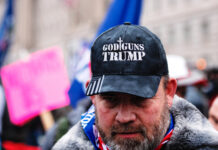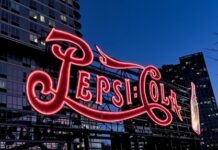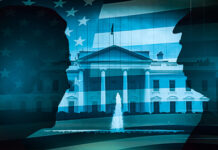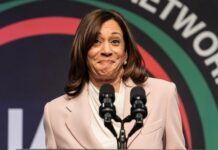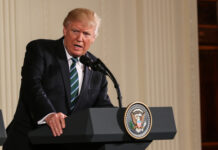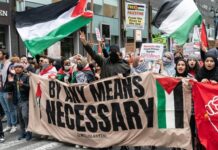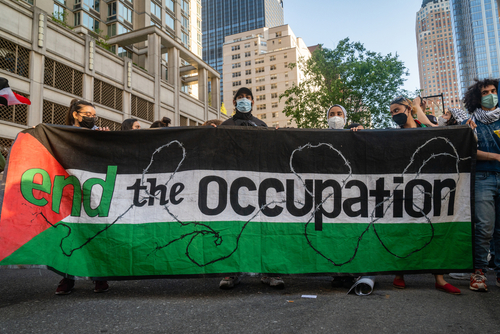
In a striking display of political dissent, a group of far-left activists made their voices heard at the annual Christmas tree lighting ceremony in Nantucket, Massachusetts. The event, which typically serves as a festive gathering for the community, took an unexpected turn when protesters seized the opportunity to confront President Joe Biden with serious accusations.
The evening was marked by chants from demonstrators who accused the President of being complicit in acts of genocide. The gravity of the allegations underscored the intensity of the opposition faced by the administration. As the President attended the ceremony, the air was filled with the echoes of “Biden! Biden! You can’t hide! We caught you in genocide!”—a chant that resonated among the crowd and captured the attention of onlookers.
HAPPENING TODAY
Pro-Palestine Protesters Accuse Biden of ‘Genocide’ at Tree Lighting in NantucketPro-Palestine protesters accused President Joe Biden of "genocide" during the annual Christmas tree lighting ceremony in Nantucket, Massachusetts on Friday evening,
"Biden, Biden… pic.twitter.com/qV9VnGQdFE
— SANTINO (@MichaelSCollura) November 25, 2023
The protest did not relent even as the President made his way to the Brotherhood of Thieves for a late lunch. Demonstrators continued their vocal criticism, shouting “Free Palestine!” in a moment that highlighted the global concerns held by these activists. The scene was a stark reminder of the deep divisions that exist within the political landscape.
The presence of the President just yards away from the protestors added a layer of immediacy to the demonstration. It was a rare instance where the highest office in the land was directly confronted by the raw sentiment of its citizenry. This proximity between a world leader and the public’s outcry is a testament to the vibrant and sometimes contentious nature of democracy.
WOW‼️ Crowds shout "FUCK JOE BIDEN, FUCK JOE BIDEN‼️" over and over as he Christmas shops in Nantucket on Black Friday 11/24/23. Guaranteed he still steals the 2024 Presidential election. https://t.co/Bx25QMirbU
— Lady Fren's Extremist Safe Space (@cybertruck20241) November 25, 2023
The incident at the tree lighting ceremony is indicative of a larger trend of increasing polarization and activism in the United States. While some may view the protests as a disruption to a peaceful holiday tradition, others see it as an exercise of fundamental democratic rights. The ability to freely express dissent is a cornerstone of American values, and such events are a reflection of that principle in action.
The choice of venue for the protest—a Christmas tree lighting—was symbolic in itself. It represented the intersection of public life and political discourse, a place where the joyous spirit of the holidays meets the sobering realities of governance and policy impact.
The accusations leveled against the President are severe and reflect a profound dissatisfaction with certain aspects of U.S. foreign policy. The term “genocide” carries with it a heavy historical weight, and its use in this context is a clear signal that the protesters are seeking to draw attention to what they perceive as grave injustices.
While the President did not respond directly to the protesters during the event, the demonstration has undoubtedly sparked conversations among political commentators and citizens alike. The issues raised by the activists are likely to be dissected and debated in the public sphere, contributing to the ongoing national dialogue about America’s role in the world and the moral implications of its policies.
As the nation moves forward, events like the Nantucket tree lighting serve as a reminder that civic engagement takes many forms. Whether through voting, peaceful protest, or public discourse, the American people continue to find ways to express their views and influence the direction of their country.
In the aftermath of the protest, the community of Nantucket and the nation as a whole are left to reflect on the messages conveyed by the demonstrators. The challenge now lies in addressing the underlying concerns that have given rise to such fervent expressions of dissent, and in finding a path toward reconciliation and mutual understanding amidst a time of division.

